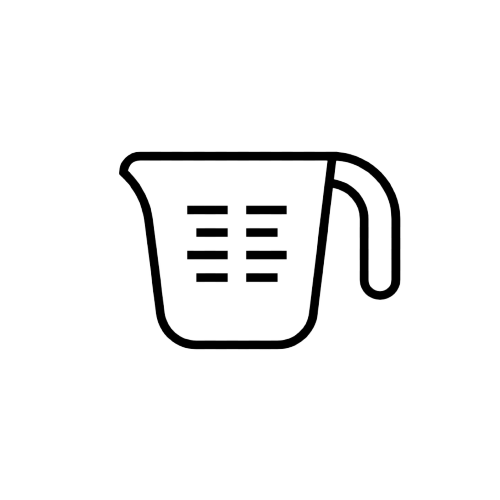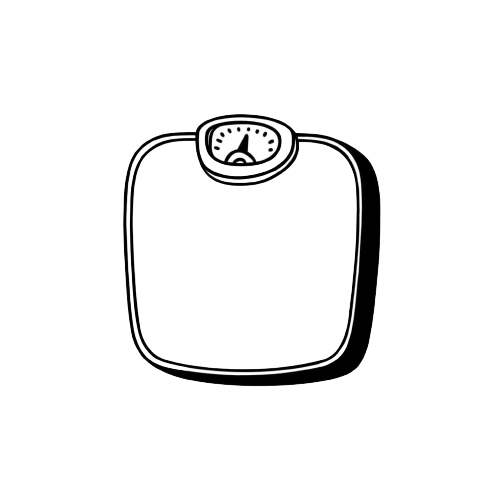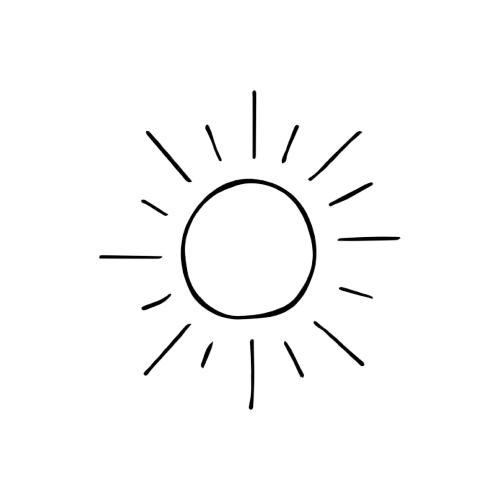The Importance of Nutrition For Better Recovery After Endurance Training
Yael Dror, MSc, clinical dietician and physiologist
Physical fitness and performance are influenced, above all, by your training program. And a crucial component of your training program is the ability to achieve satisfactory recovery between workout sessions. Nutrition plays a central role in the quality and speed of recovery after long or intense workouts. What are the nutrition rules that you need to follow for optimal recovery?
-
The Goal of Recovery
You’ve completed your workout and given it your all. Now, you want to relax and let your body recover and prepare itself for the next workout. But for that to happen in the best way possible, it’s vital to have a nutrition plan. After a long or intense workout, you need to replenish.

Protein: for building muscle mass.
Carbohydrates: for replacing glycogen stores in the muscle tissue.
Electrolytes: minerals such as sodium, potassium, magnesium, phosphorus, calcium and more that were lost in perspiration during your workout.
Fluids: it’s vital to replace the fluids lost through perspiration.
Planning Your nutrition for Better Recovery
-
Carbohydrates
Even a very large, rich meal won’t replenish your glycogen stores after a long or intense workout. The enzymes from stored glycogen in your muscles will continue to be active for several hours after your workout. That’s why it’s crucial to have an eating plan for after exercising made up of several meals. Professional literature specifies eating a meal every 2 hours for 6 hours following your workout. The first meal immediately after your workout should be relatively large, followed by meals in 2-hour intervals.
-
Protein
During a workout, your muscles are under high stress, with a high likelihood of slight to moderate tissue breakdown. That breakdown is actually what you’re aiming for as this is what causes the muscle to repair itself and grow while
improving endurance and performance for the next workout. For this reason, after working out, it’s important to add protein to your first meal and also, throughout the day. -
Drinks
Remember to drink enough water after exercise, as your body continues to perspire up to 4 hours post workout. After working out, your muscles continue to discharge heat, and your body perspires in order to cool down and return to normal functioning after the extended physical activity.
Use the following formula to calculate how much you need to drink after working out:
Examples of a Diet Plan Following Intensive Endurance Training
You’ll need to plan 3 meals over the course of 6 hours after your workout. The first meal is very important and should include protein and carbohydrate. That’s right - we now have a nutritional “window of opportunity” after exercising.
Even studies from 2013 that seemed to discredit this theory, stress that following endurance training there is great importance in eating a meal soon after the workout for better recovery. Therefore, make it a point to plan a meal within an hour after finishing working out, and not to make do with just
stopping for coffee with a friend.
Your post workout meal could easily be a protein shake or protein bar. Protein drinks and yogurts containing 20-25 grams of protein will also fit the bill. That said, since these products are low in carbohydrates, it’s important to add fruit or other sources of carbs together with the protein. Other options include a sandwich with cheese, egg, tuna or any other protein of your choice. Yogurt with fruit, granola and honey or silan can be an excellent post workout meal. If you find it difficult to eat after working out, a fruit shake incorporating Qualify Protein Powder, milk or yogurt is a good choice.
The next meal should be eaten within the next 1 ½-2 hours. It can be smaller than the first meal, but again, it should contain protein and carbohydrates in order to support muscle growth and to help replenish glycogen stores.
The last meal, eaten about 5-6 hours after your workout, can be part of your regular daily regimen. So, if it’s time for lunch, a meat/vegan/vegetarian meal would be appropriate. Again, make sure that your meal contains both protein and carbohydrate. If you don’t have a regular meal scheduled at this point, it’s important that you make time for one, whether large or small. Listen to your body, but in any case, don’t skip this meal.

Summary
Planning good nutrition following a long or intense workout is an integral part of your training program! Even if you don’t feel hungry after exercising, it’s important to understand that your body is waiting to receive macronutrients. Make sure to find a way to integrate them into your daily schedule and at the right times after working out in order to gain from the best, most efficient recovery.




